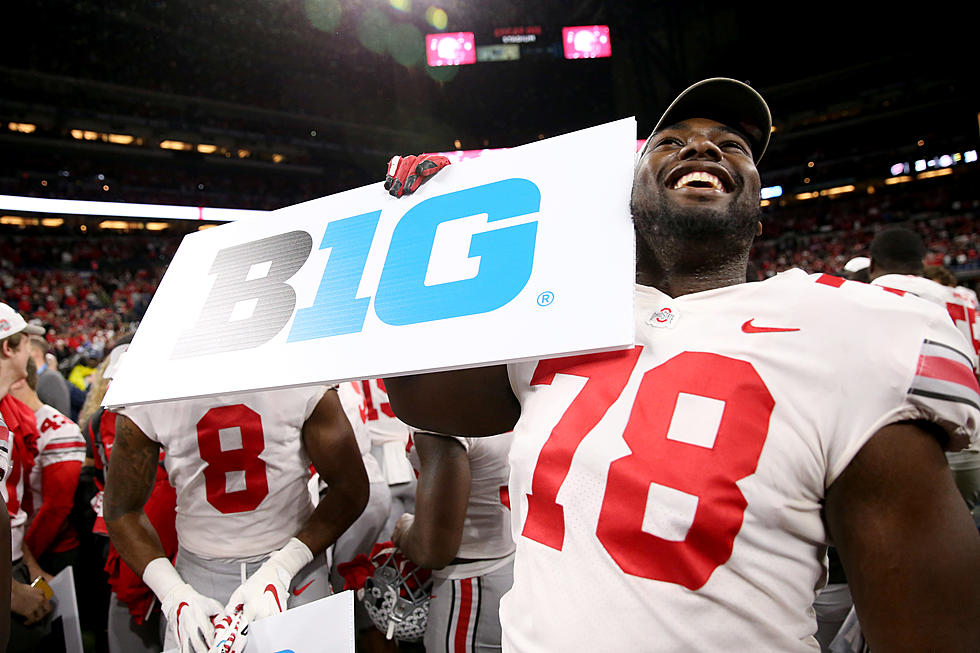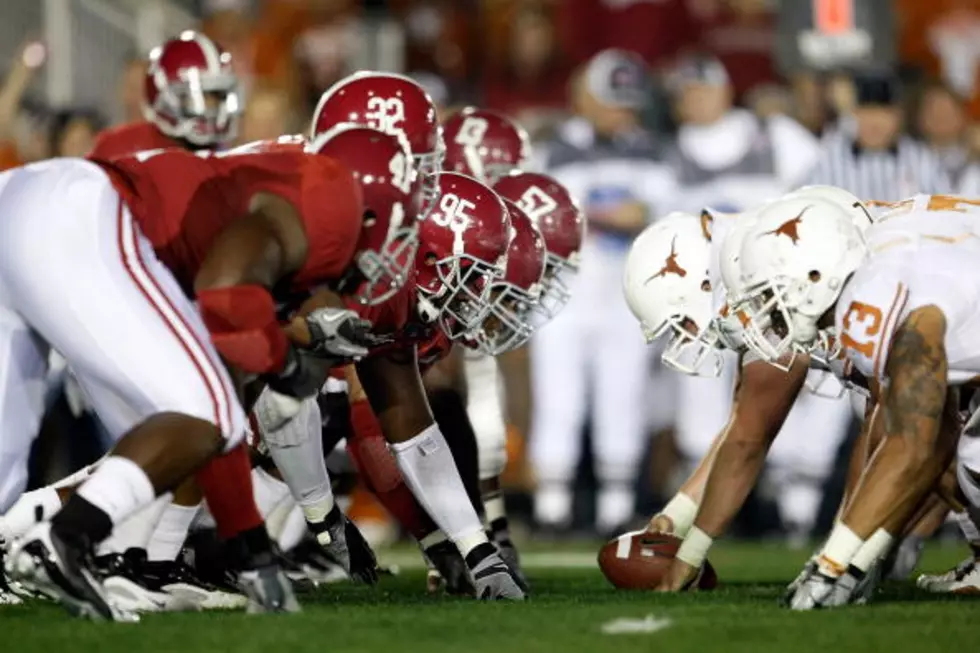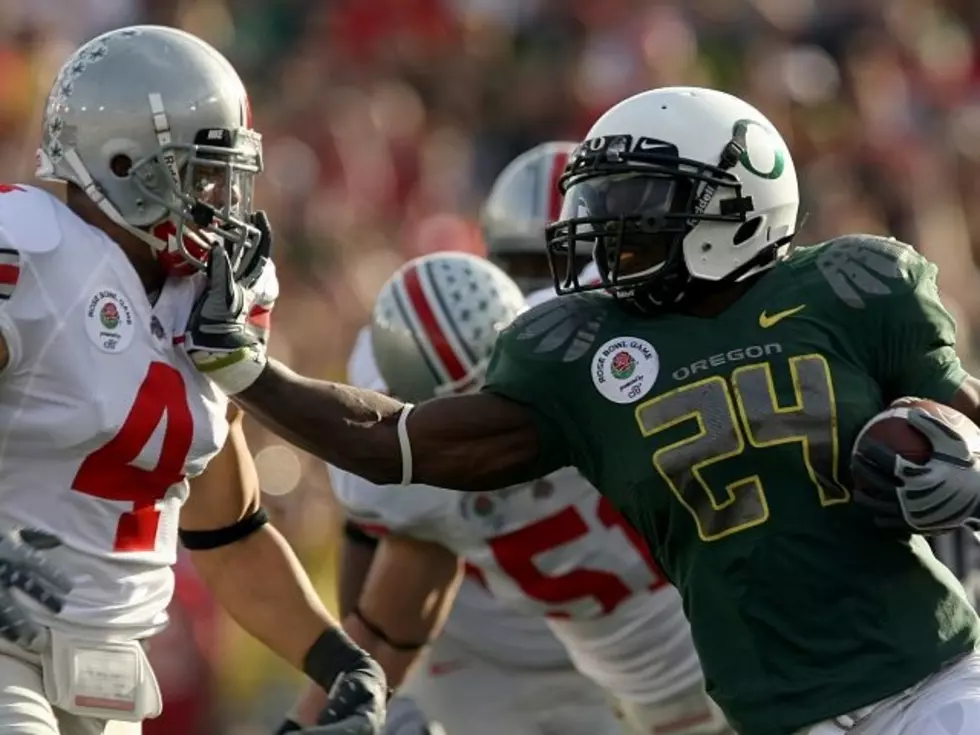
Big 10 To Play Conference Only Football In 2020
The Big 10 is the first power five conference to announce it'll play conference only football in 2020, removing non-conference games from their team schedules.
Nicole Auerbach of The Athletic was the first to report the move.
The move comes a day after the Ivy League ruled out playing in Fall Sports in 2020.
On a similar note, the ACC said today it will hold off on Fall Sports until September 1st, with the exception of football, leaving volleyball, swimming and other sports unable to practice for the time being.
Will another P5 conference follow suit with the Big 10?
With more money, P5 schools likely have more coronavirus testing available than a G5 program.
What kind of impact does this have on the G5 schools with a Big 10 team on their schedule?
The payday a G5 program receives from playing a road football game against a Big 10 opponent is a large part of their annual athletic budget.
The Big 10's official statement is as follows:
We are facing uncertain and unprecedented times, and the health, safety and wellness of our student-athletes, coaches, game officials, and others associated with our sports programs and campuses remain our number one priority.
To that end, the Big Ten Conference announced today that if the Conference is able to participate in fall sports (men’s and women’s cross country, field hockey, football, men’s and women’s soccer, and women’s volleyball) based on medical advice, it will move to Conference-only schedules in those sports. Details for these sports will be released at a later date, while decisions on sports not listed above will continue to be evaluated. By limiting competition to other Big Ten institutions, the Conference will have the greatest flexibility to adjust its own operations throughout the season and make quick decisions in real-time based on the most current evolving medical advice and the fluid nature of the pandemic.
This decision was made following many thoughtful conversations over several months between the Big Ten Council of Presidents and Chancellors, Directors of Athletics, Conference Office staff, and medical experts including the Big Ten Task Force for Emerging Infectious Diseases and the Big Ten Sports Medicine Committee.

NFL Records Held By New Orleans Saints Players
More From 103.3 The GOAT


![Dr. Bryan Maggard on State of College Football, Ragin’ Cajuns & Much More [Audio]](http://townsquare.media/site/37/files/2019/07/maggard.jpg?w=980&q=75)






